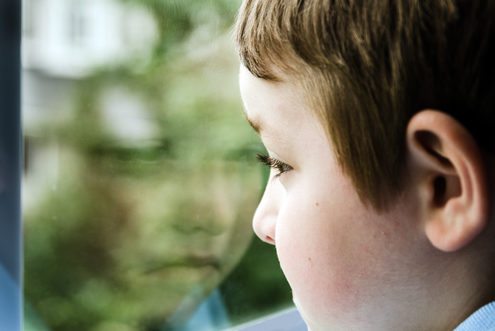Investigating Parent Addiction In Child Custody Disputes

In New Jersey, issues of custody and parenting time are evaluated by the courts looking at what is in the best interests of the child. If a parent brings an allegation of drug addiction to the court, this allegation is taken very seriously and the court will inquire as to the truth of the statement. To do this, judges can order certain evaluations, such as custody and parenting time evaluations or a risk assessment.
Custody and/or parenting time evaluations are typically done by outside therapists or psychologists who are trained to complete such evaluations and then forward a report to the court with their observations and recommendations regarding what is in the child’s best interests in that particular situation. A risk assessment is carried out by the staff of the probation department where the custody or parenting time case is being held. These assessments are ordered by the court when there is a question regarding the child’s safety when in the care of the parent who is alleged to have an addiction issue.
All of these assessments will usually involve interviews with the parents, the child and any other person in the child’s life that may provide some insight into the child’s current situation, such as grandparents, teachers, therapists and medical doctors. The experts may also review school records, doctor reports or other records related to the child. The judge will rely on the expert’s reports and opinions when making decisions. If the custody or parenting time matter goes to trial, the expert who prepared the evaluation or risk assessment may be called into court to testify about their report.
There are situations where a parent’s addiction is so severe that the Division for Child Protection & Permanency (DCP&P) becomes involved with the family. If this happens, the parent should seek immediate legal advice as the consequences in this situation can be severe. If DCP&P finds that a parent, through their addiction struggle, has abused or neglected their child, they can certainly recommend that their parental rights be terminated. Usually, DCP&P will first mandate that the parent with the addiction participate in some sort of treatment program to show to them and to the court that they are serious about overcoming their addiction and entering recovery in order to be a fit and proper parent going forward.
Also, the family courts can also order supervised parenting time for an addicted parent if they feel as though the child’s safety with the parent unsupervised is at risk. Supervision can range from a family member or friend that all parties agree upon to court supervised parenting time, which takes place weekly and usually at the courthouse. Staff observes the parenting time and keeps records about the details of the visits which are then submitted to the judge in the case. The ultimate goal is to move away from supervised parenting time as the parent’s health improves. Usually, the program ends when the parent completes a specific goal, like a drug rehabilitation program. Once the program is complete, the court re-evaluates the family’s case to determine the right custody arrangement for the child.
It is important to remember that if you are facing an issue with addiction, there are treatments that can help you and that by seeking out treatment for your illness, you are ensuring that you will become a better parent for your children.
If you or someone you know is struggling with addiction and it is impacting your parenting time or custody rights with your child, please contact us today to speak with one of our qualified attorneys experienced in New Jersey family and custody law.
Read More:
Alcoholism & Child Custody: Can Addicts Regain Custody Of Their Kids In New Jersey?



